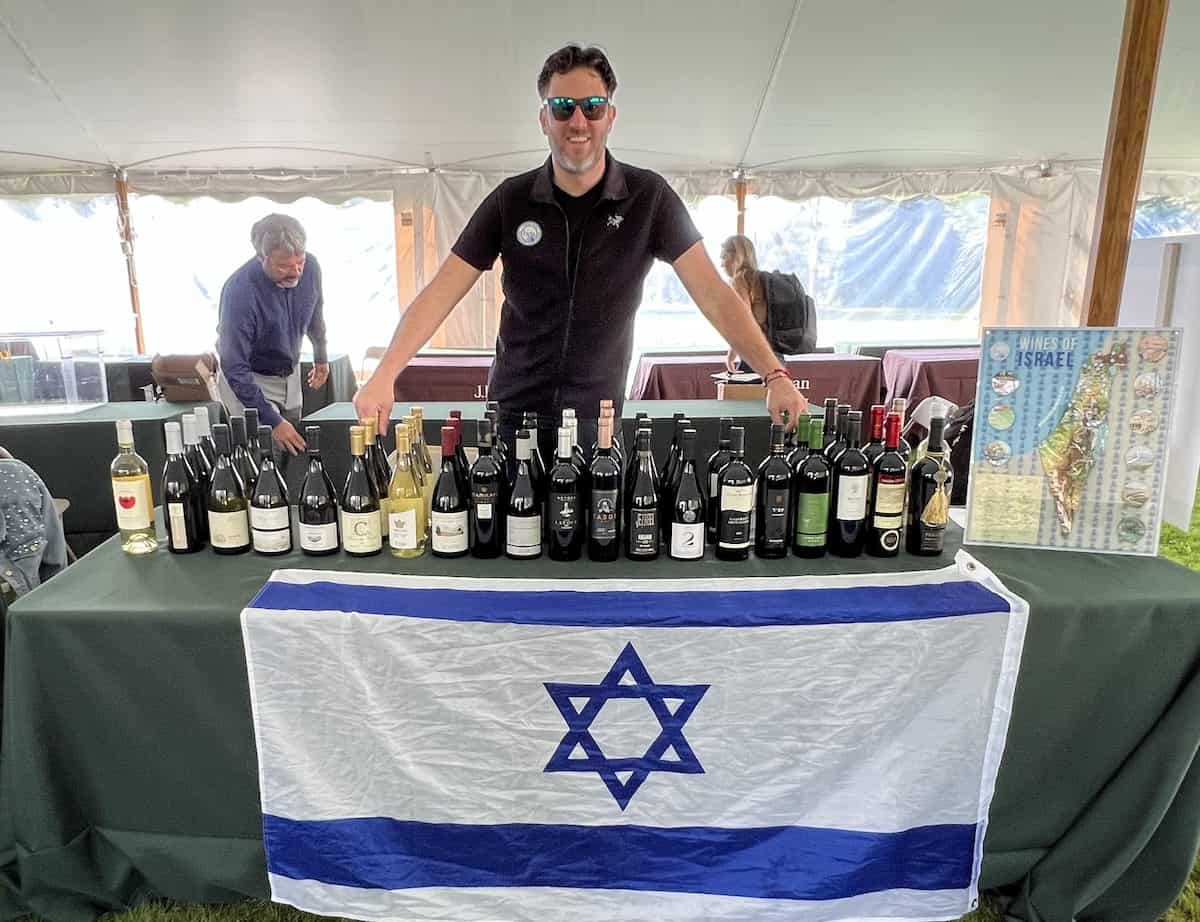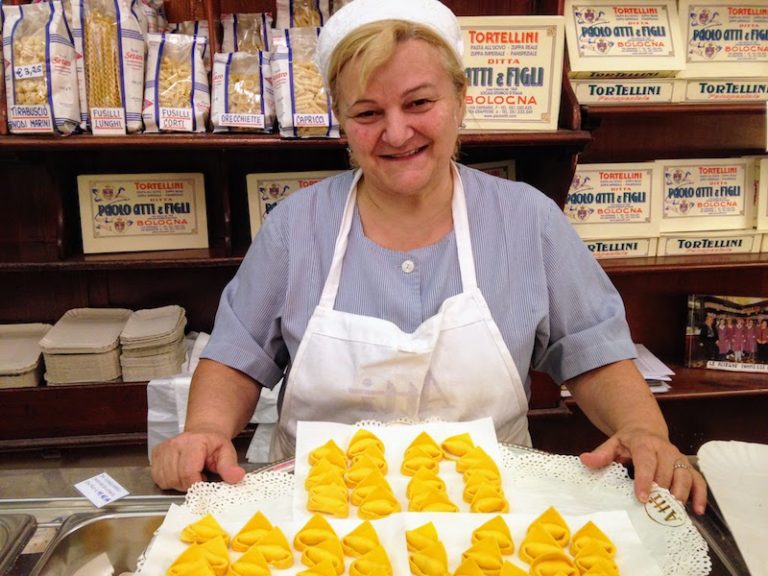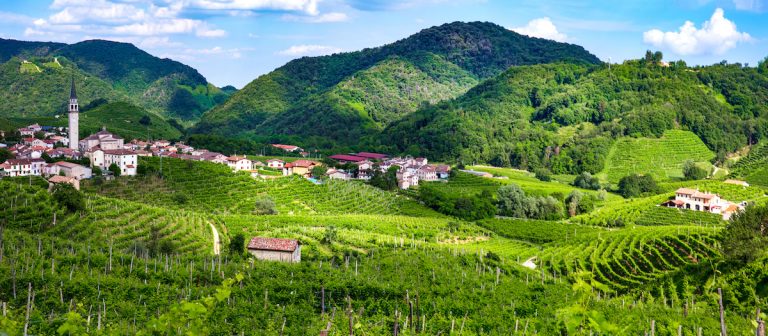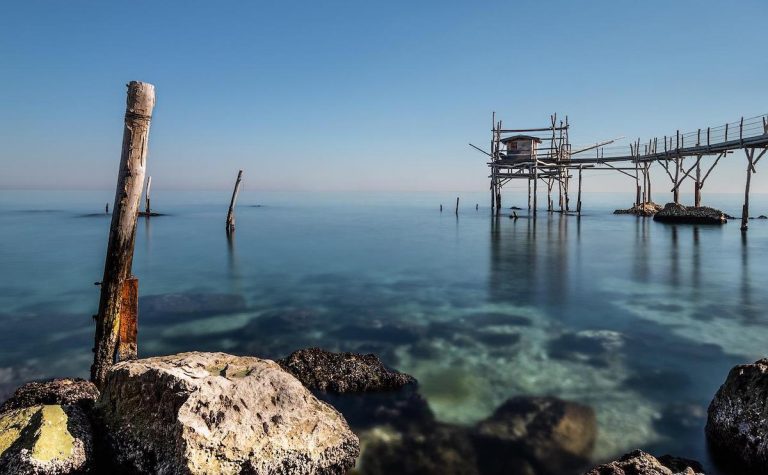Sip for Solidarity: Drink Israeli Wine During the Holidays

To promote education and support its members, the Israeli Wine Producers Association (IWPA), a trade association, has launched a “Sip for Solidarity” initiative to raise funds for Israeli relief.
The organization representing over 30 wineries—from boutiques to the country’s largest producer—is asking consumers to consider Israeli wine as they celebrate the holidays with family and friends.
Israel is one of the oldest wine-producing regions in the world, having produced wine since biblical times. Jewish philanthropist Baron Edmond de Rothschild is credited with supporting the development of the first two modern Israeli wineries in 1882. Eight years later, the grapes from these vineyards were used to make wine.
Despite these ancient origins, the Israeli wine industry only gained traction and international prominence in the 1980s and 1990s, with the growth of some 400 wineries across six different regions from north to south. These wine regions include Galilee, Golan Heights, Coastal Plain, Central Mountains, Judea, and Negev.
This momentum was aided by the industry’s exceptional technological expertise, producing high-quality wines even in the desert.
Impact of Hamas attack on Israeli winemaking
One of the collateral consequences of the October 7, 2023, Hamas terrorist attack on Israel was its profound impact on wineries and winemakers.
According to Joshua Greenstein, vice president of IWPA, the wine harvest had begun shortly before the attack. Suddenly, picking, sorting, and fermentation were compromised by the threats of bombardments. Moreover, young men and women on the nation’s winemaking teams were called up to the military to defend their country under siege.
“Winemaking has its own schedule, unlike other industries where you can pause production or run with limited staff. Grapes grow and ripen when they do; the winemaking process is very hands-on. Without staff, many wineries face an impending crisis,” said Greenstein in a press release announcing Sip for Solidarity.
“Additionally, wine is usually something enjoyed when you go out to eat or to a party, and people in Israel aren’t feeling particularly celebratory these days. It’s catastrophic not just for this year’s sales, but for the vintages harvesting now that won’t be ready for sale for years to come.”

Winemakers make proverbial lemonade out of lemons
Many people, especially Jews, are feeling helpless in the face of the atrocities they see in the media, and are wondering how they can help.
Israeli winemakers are asking these supporters to take a small step by making these wines part of their holiday gift-giving and rituals for Thanksgiving, Chanukah, and Christmas.
In addition to providing concrete support for Israeli wineries and winemakers during these extraordinarily difficult times, the main U.S. distributor (Kosherwines.com) will donate ten percent of every case shipped between November 1 and December 31, 2023, to Israeli relief efforts.
Kosher vs. Israeli: What’s the difference?
Writing in The Wine Bible, wine educator Karen MacNeil dispels a common misunderstanding. She explains that Israeli wine and kosher wine aren’t one and the same: A wine can be Israeli and not be kosher, and a wine can be kosher but not Israeli.
She notes that the first kosher wines made in the USA by Jewish immigrants in the 1800s were made with Concord grapes. The wines were “heavily sweetened to make them more palatable.” This led to many Americans associating kosher wines with “low-quality, syrupy-sweet wines that taste like thick Kool-Aid,” she says. But both Israeli and kosher wines have evolved since that time.
Sip for Solidarity: Where can Israeli wine be purchased?
Many consumers may be at a loss to know where to learn more about and identify these red, white, rose, and orange wines, many of excellent quality.
Cabernet Sauvignon is the most planted grape, often blended with Merlot, Petit Verdot and Cabernet Franc. Domaine Du Castel Grand Vin (OK Kosher) 2020, a Bordeaux red blend, received 95 points from James Suckling. A white blend, Domaine Du Castel Grand Vin (OK Kosher) 2020, received 93 points. Food and Wine recently recommended 12 Israeli wines that reflect a sense of place.
Total Wine, Wine.com, Kosherwine.com are a few of the online sites that offer Israeli wines. Also, most retail wine shops have a section showcasing these wines.
“With the wine-consuming public’s support, wineries will still craft wines that accurately and deliciously reflect the character of the vintage and that of Israel, just as they always have,” says Greenstein.
We asked Greenstein what pairs well with Israeli wines. “What pairs well with your palate, just make it an Israeli wine,” he said.
Save to Pinterest!!






